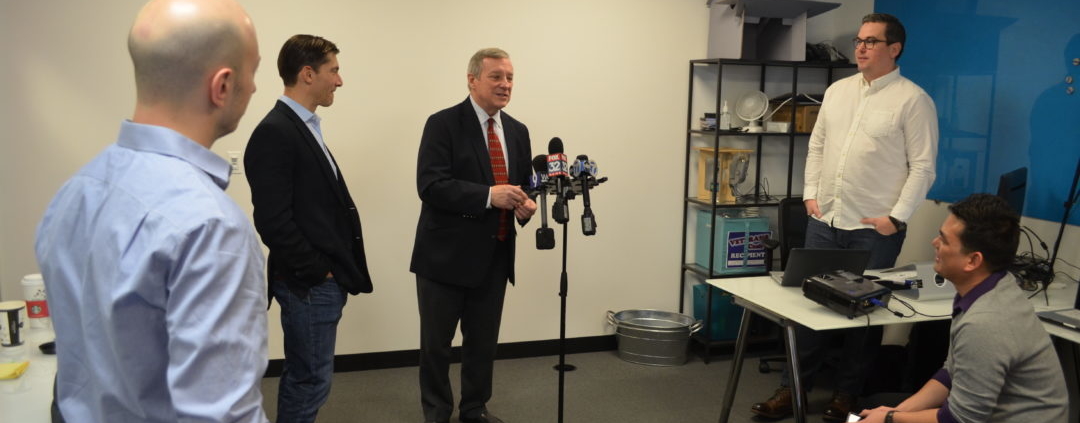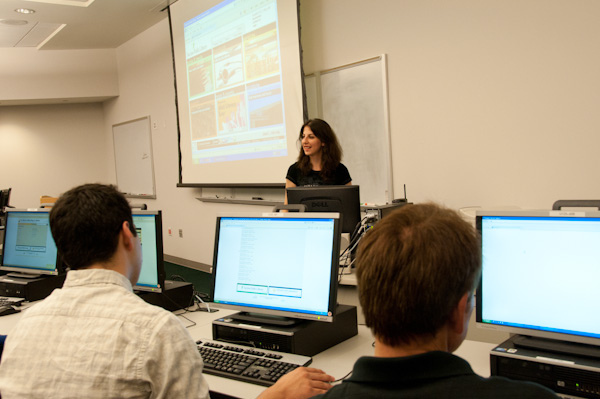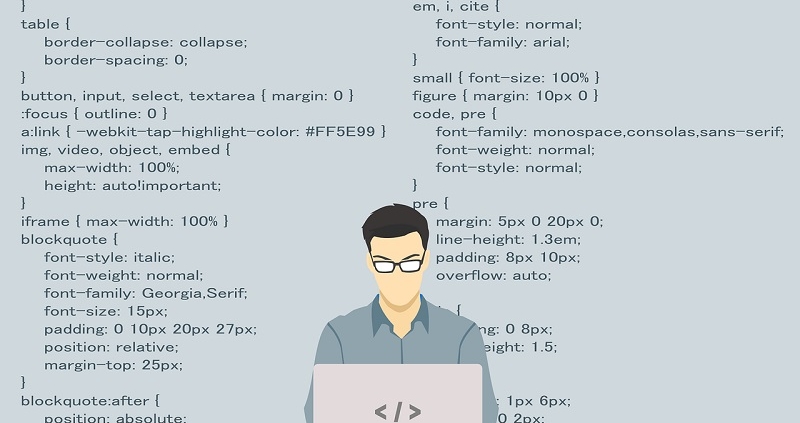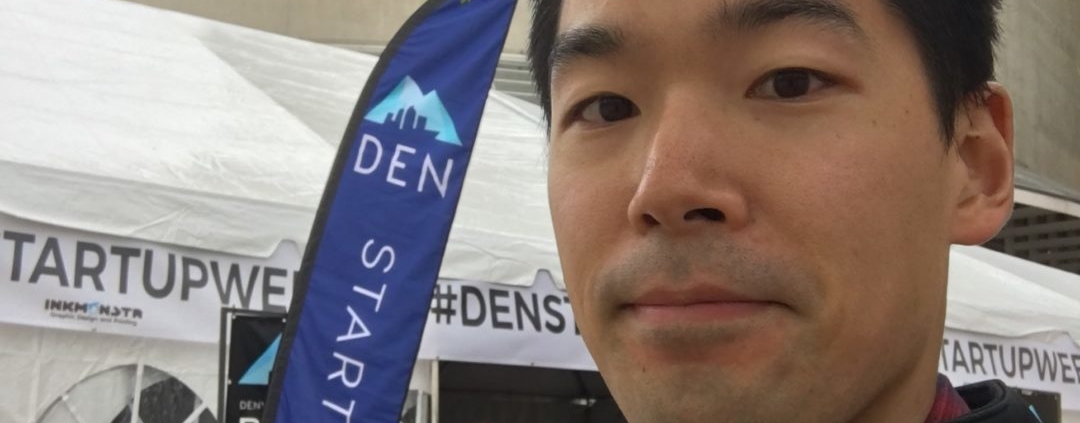From Deployed to Deploying: 5 Similarities between the Military and Startup Life
Taking on a principal role for Purple Gator roughly four years ago was a leap of faith. Even though I loved the idea of our flagship product, a trivia platform that offers businesses a new way to engage customers, I was signing on with a brand-new company that could offer no guarantees. Fortunately, my six years as a maintenance analyst in the Air National Guard were perfect preparation for the highs, lows, hard work and just plain uncertainty that come with the startup terrain.
This is one of the reasons that I help mentor fellow veterans who are enrolled at Chicago’s Code Platoon, a nonprofit web-development school known informally as a “coding bootcamp.” That nomenclature is by no means an overstatement. This relatively new type of intense, immersive education plays to the strengths these men and women gained in the military.
Here are the top reasons that a combination of military experience and a bootcamp education produces developers who are perfectly suited to join anyone’s startup.
1) We are comfortable wearing multiple hats. The boss: “You’re a software engineer? Don’t care, today you are a customer support representative! Tomorrow you will be on a sales call at 2 p.m. but definitely finish planning our customer-appreciation party by noon.”
If you’ve been in the military, this is second nature: My old boss: “You’re a diesel engine mechanic? Don’t care, today you are the squad’s physical training leader!” Although my specialty was logging maintenance data, more important, I was an airman ready to serve wherever I was needed.
2) Long hours don’t faze us. While work-life balance is a reasonable long-term goal, that is not always a feasible reality in the early days of a company like Purple Gator. Any company might require a 12-hour day here and there. But at a startup you could work those hours for 20 days straight. And the average veteran reading this is probably thinking, “Yeah? Is that supposed to be abnormal? What about the other 10 days in the month?”
3) Teamwork is second nature. For better or for worse, sacrifice is required in both environments. At Purple Gator, we don’t face life-or-death situations, but people’s livelihoods and careers are at stake. In place of “battle buddies,” we might find support and camaraderie as part of a tech incubator on the 9th floor of the Merchandise Mart. And just like the days when I was deployed to Guam in support of the 509 Bomb Wing’s 52 Bomber Squadron, such shared experience forges bonds that transcend background, politics, what have you. I expect the relationships made in both places to last forever. I’ve already seen that happening at Code Platoon, where my first mentee, Javier Revuelta, was part of the inaugural cohort. He is now a software engineer at PowerReviews, but returns often to mentor the current cohort.
4) Coping with stress is first nature. My stress level right now is very high. We have several big-name customers already for GStack, our trivia platform. But every sale counts so much at a startup, and losing out on one means three wasted weeks. You never know where that next paycheck is coming from. And I’m away from my family for days at a time. During a deployment, too, you must deal with not knowing the dangers behind the next hill while worrying about that family back home. For me, personally, while on active duty, I remember a particular time when a lot was riding on whether I could figure out why one of our planes was having mechanical issues. To be more specific, it kind of caught on fire, and combing through the data in order to ensure that this didn’t happen again was a long, arduous process. Because it was very important that the plane not catch on fire again!
5) Even the rewards are similar. When you establish a startup, you are filling a void with your idea, creating something that didn’t exist. So seeing our MVP in a customer’s hands that first time, watching them actually use our product to make money — and finding that their customers did indeed enjoy the trivia games — was an incredible moment. It reminded me of coming back, exhausted, from Operation Enduring Freedom, and the first time that a civilian looked me in the eyes and thanked me for my service. Both times, suddenly, my vision felt clear and crystallized.
By James Bell
Chief technology officer | Purple Gator
Before becoming immersed in the startup world, James was a successful options trader and electrical engineer. He has a master’s degree in computer science from the University of Illinois and studied electrical engineering at St. Louis’ Washington University, where he also played football. He served in the Air National Guard and was deployed to Asia during Operation Enduring Freedom.




 Code Platoon is a Chicago-based 501(c)3 non-profit that helps veterans and military spouses transition into the civilian workforce by providing technical training and career placement. For 15 weeks, students are immersed in a web development program, learning Ruby, Python, SQL and a number of other marketable coding languages. Upon completing the program veterans and military spouses will be eligible for internships at local tech companies, which could lead to a full-time job.
Code Platoon is a Chicago-based 501(c)3 non-profit that helps veterans and military spouses transition into the civilian workforce by providing technical training and career placement. For 15 weeks, students are immersed in a web development program, learning Ruby, Python, SQL and a number of other marketable coding languages. Upon completing the program veterans and military spouses will be eligible for internships at local tech companies, which could lead to a full-time job.





